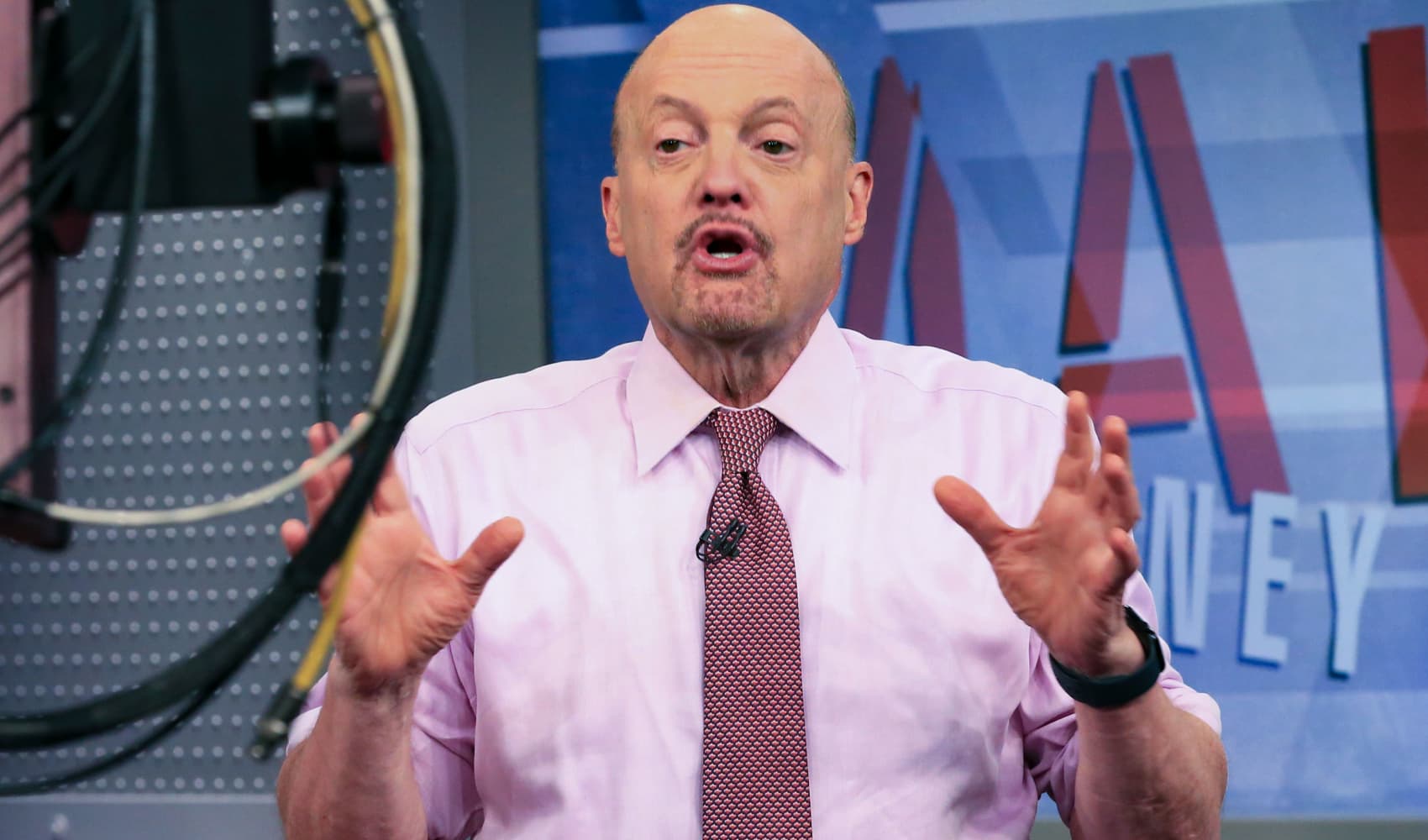
It's a big week for the value trade.
Cyclically oriented sectors including energy and financials bounced following news Monday of a 90% effective Covid-19 vaccine, calling into question whether growth stocks could finally take a backseat after its longstanding lead over value.
Growth stocks have outperformed value for years, not least because of its main driver: technology. Technology stocks make up 40% of the S&P 500 Growth index, tracked in part by the iShares S&P 500 Growth ETF (IVW).
Some 38% of that exposure is exclusively Big Tech, and when it comes to cyclical sectors, the growth index largely sets them aside, with just over 4% of its portfolio in financials and less than 1% in energy, according to Nick Colas, co-founder of DataTrek Research.
"That kind of weighting worked for the past couple of years, but if we're well and truly back into full-blown recovery mode, which I think we are, then you do want to look to the value side of the trade," he told CNBC's "ETF Edge" on Monday.
In the S&P 500 Value index, tracked by iShares' S&P 500 Value ETF (IVE), health care is more than 20% of the portfolio and financials are nearly 19%, Colas said.
Money Report
"They should be good beneficiaries," he said. "Energy at 4% versus that less than 1 for growth also feels like a better way to be positioned. So it isn't so much that, quote, value is going to work, but that the sectors that are value sectors, low-[price-to-earnings] sectors, they should work."
Banks could see a particularly interesting path to recovery with low interest rates still very much in play, Colas said.
"I think of the banks in terms of just structural earnings power. How much can they improve over the course of the next couple of years? Because this year was obviously a disaster," Colas said.
One plus is that the banks "are the cheapest group in the S&P by an order of magnitude," trading at around 12 times earnings, the market analyst said.
"There is basically zero expectation of structurally improving earnings growth," he said. "And if you buy off on the idea of cyclical recovery, the financials should begin to take their place as a leadership group. It's been very problematic so far, as you know, but basically, my thought is if it's not now, then when? Because if we really do believe the vaccine plus stimulus is going to give us a better economy in 2021, financials should work. If they don't, something much deeper is wrong with them."
Matthew Bartolini, head of SPDR Americas Research at State Street Global Advisors, offered another perspective on the cyclical stocks' action this week.
"We've seen massive volume spikes in areas that are more cyclically oriented, like oil and gas exploration and production ... or banks," Bartolini said in the same "ETF Edge" interview.
He pointed to two of his firm's ETFs, the SPDR S&P Oil & Gas Exploration & Production ETF (XOP) and the SPDR S&P Bank ETF (KBE), up nearly 20.5% and 12% this week, respectively.
"Prior to [Monday], we actually saw a buildup of short interest, so, there could be a little bit of short-covering in those two segments," Bartolini said. "We're seeing this also within real estate and other sort of reopening type of trades that are also tied to some of the macro variables of higher oil, but also higher rates."
A quick look at the Russell 1000 on Monday helped Bartolini's theory. The top decile of the most-shorted stocks in the index were up around 6% in the day's trading, while the least-shorted names were up some 3.5%, he said.
"Some of this is hopes of higher growth, but also, some of it is just covering up some of those beaten-down areas that had been shorted going into this marketplace," Bartolini said.
The growth ETF, IVW, is down less than 1% for this week while the IVE value ETF is up more than 5%.






